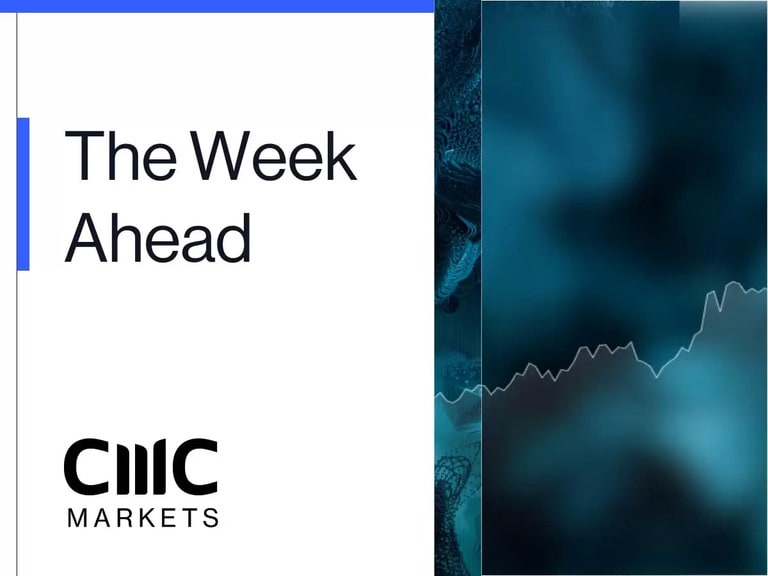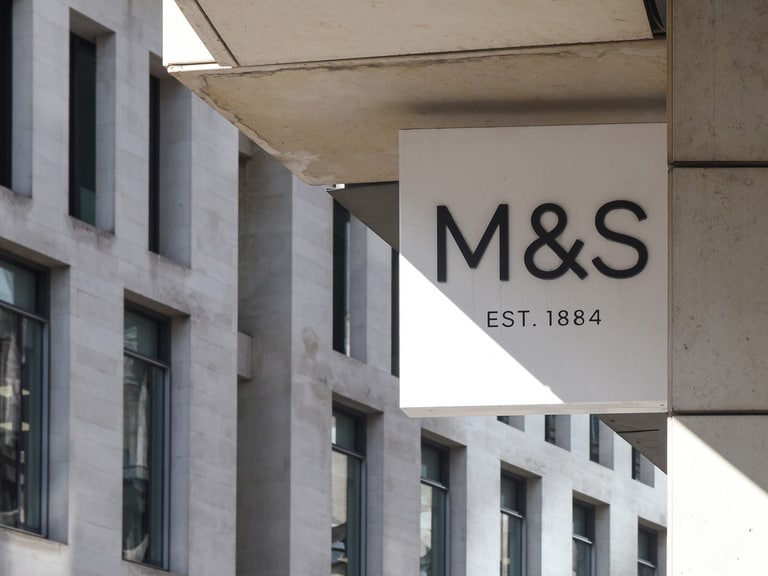US companies' second-quarter reporting season starts today, and represents the next litmus test for the stock market. In the first half of the year – apart from a few small setbacks – the markets only knew one direction: up.
S&P 500 company profits set for 9% rise
Market consensus estimates suggest that S&P 500 company profits could have risen by nearly 9% year-on-year in Q2 , the highest increase since post-pandemic recoveries in Q1 2022. Over the past three months, earnings estimates for the S&P 500 have risen steadily, reaching a record $261.74 per share by the end of June. While much focus is on the ‘magnificent seven’ stocks of Alphabet, Amazon, Apple, Meta, Microsoft, Nvidia and Tesla, they are not the sole drivers of this growth, as 83% of companies in the S&P 500 have reported profit increases, the highest level since 2022.
Magnificent seven (well, six) continues AI fantasy
Despite this market breadth, the magnificent seven (with Tesla the outlier) are still expected to drive the S&P 500's earnings growth in Q2, especially in the tech sector. With a stable economy and ongoing artificial intelligence (AI) investments, these companies are unlikely to significantly lower their forecasts. This stability is crucial, as stock market rallies have inflated share valuations significantly. Disappointments could lead to price drops, but strong performances from these tech giants could delay the correction many investors anticipate, and potentially set the stage for a strong second half.
Risk of recession
However there are increasing signs of an economic slowdown in the US, with purchasing manager indices (PMIs) for manufacturing and services now below 50 points, and into contraction territory. While a recession isn't yet a major concern on Wall Street, this could change if weak data persists. The breadth of the stock market rally has also declined, suggesting waning fundamental support for bull markets. If the US Federal Reserve delays cutting interest rates, high valuations could come under pressure, potentially leading to a severe sell-off following the current strong rally.
Overall stock market not overvalued
The current price-earnings ratio (P/E) in the S&P 500 is at 27.4, up from 23.4 a year ago, driven by the strong performance from the magnificent seven. The forward P/E ratio for the S&P 500 is 21.2, compared to a median of 17.8. This suggests the broad market is not overvalued, potentially allowing stock pickers to filter out undervalued companies.
Disclaimer: CMC Markets is an execution-only service provider. The material (whether or not it states any opinions) is for general information purposes only, and does not take into account your personal circumstances or objectives. Nothing in this material is (or should be considered to be) financial, investment or other advice on which reliance should be placed. No opinion given in the material constitutes a recommendation by CMC Markets or the author that any particular investment, security, transaction or investment strategy is suitable for any specific person. The material has not been prepared in accordance with legal requirements designed to promote the independence of investment research. Although we are not specifically prevented from dealing before providing this material, we do not seek to take advantage of the material prior to its dissemination.







